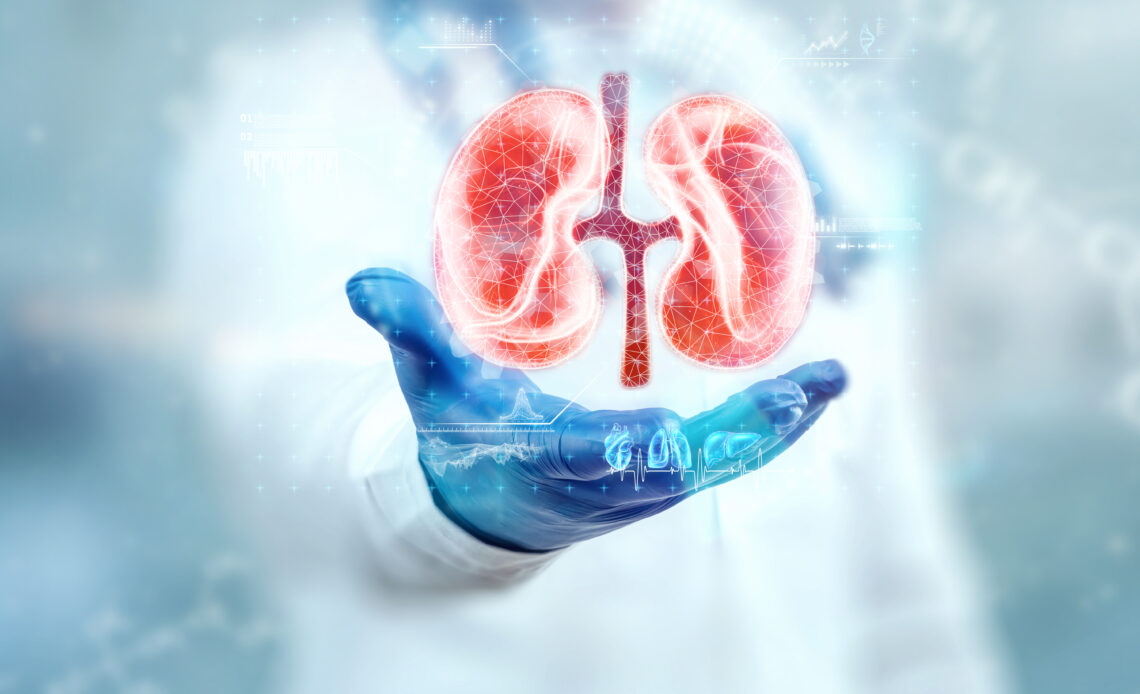
Kidney disease affects millions of people worldwide, and its prevalence is increasing each year. In this blog, we shall discuss the statistics of kidney disease, identify early and late symptoms, and provide tips on how to take care of your kidneys.
Statistics of Kidney Disease:
According to the National Kidney Foundation, more than 37 million people in the United States have chronic kidney disease (CKD), and millions more are at risk. CKD is a progressive condition that can lead to kidney failure, requiring dialysis or a kidney transplant. Diabetes and high blood pressure are the two leading causes of CKD. In fact, one in three adults with diabetes and one in five adults with high blood pressure have CKD. Other risk factors for CKD include age, family history, obesity, and smoking.
Early Symptoms of Kidney Disease:
In the early stages of kidney disease, symptoms may be mild or absent. However, some people may experience the following:
- Fatigue
- Swelling in the hands, feet, or face
- Urinating more or less than usual
- Blood in the urine
- Foamy urine
- Difficulty sleeping
- Poor appetite
- Muscle cramps
- Itching
Late Symptoms of Kidney Disease:
As kidney disease progresses, the following symptoms may occur:
- Nausea and vomiting
- Loss of appetite
- Weight loss
- Weakness and fatigue
- Difficulty concentrating
- Swelling of the legs and ankles
- Shortness of breath
- Decreased urine output
- Increased need to urinate at night
Tips to Take Care of Your Kidneys:
Control your blood sugar: If you have diabetes, it is essential to keep your blood sugar levels under control. High blood sugar levels can damage the blood vessels in your kidneys and lead to kidney disease.
Manage your blood pressure: High blood pressure can damage the blood vessels in your kidneys and cause kidney disease. If you have high blood pressure, work with your healthcare provider to manage it.
Maintain a healthy weight: Obesity is a risk factor for kidney disease. Maintaining a healthy weight can help lower your risk.
Stay hydrated: Drinking enough water can help flush out toxins and waste products from your kidneys. Aim for at least eight glasses of water per day.
Limit salt intake: Eating too much salt can raise your blood pressure and increase your risk of kidney disease. Aim for no more than 2,300 mg of sodium per day.
Eat a healthy diet: A diet rich in fruits, vegetables, and whole grains can help keep your kidneys healthy.
Exercise regularly: Regular exercise can help lower your blood pressure and maintain a healthy weight.
Avoid smoking: Smoking can damage your blood vessels and increase your risk of kidney disease.
Manage stress: Stress can raise your blood pressure and increase your risk of kidney disease. Finding healthy ways to manage stress, such as exercise or meditation, can help lower your risk.
Get regular checkups: Regular checkups with your healthcare provider can help detect kidney disease early when it is most treatable.
In conclusion, kidney disease is a significant health problem affecting millions of people worldwide. Diabetes and high blood pressure are the two leading causes of kidney disease. Early symptoms of kidney disease may be mild or absent, but as the disease progresses, symptoms may become more severe.
Some tips to protect your kidney includes:
Taking care of your kidneys by controlling your blood sugar, managing your blood pressure, maintaining a healthy weight, staying hydrated, limiting salt intake, eating a healthy diet, exercising regularly and avoiding smoking.

